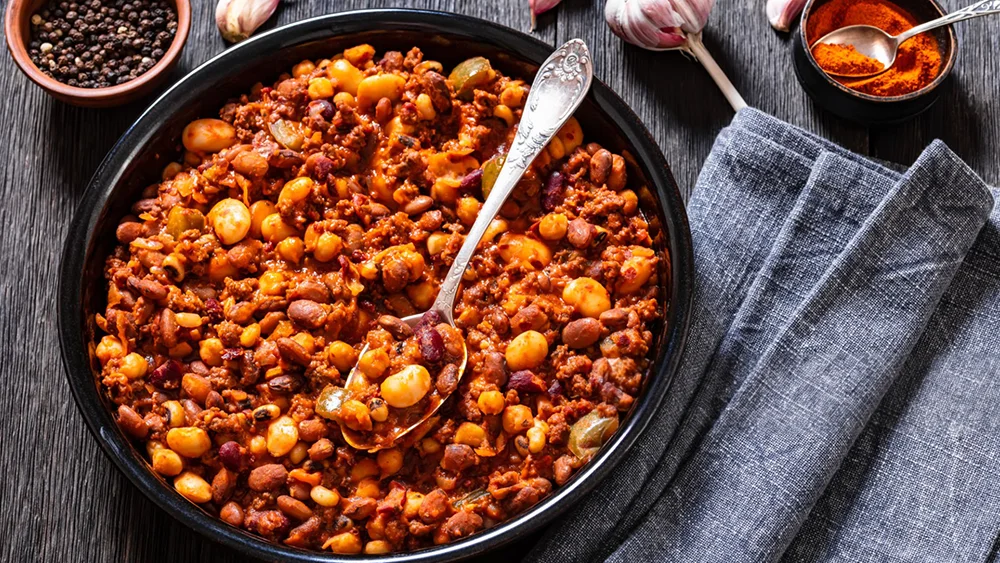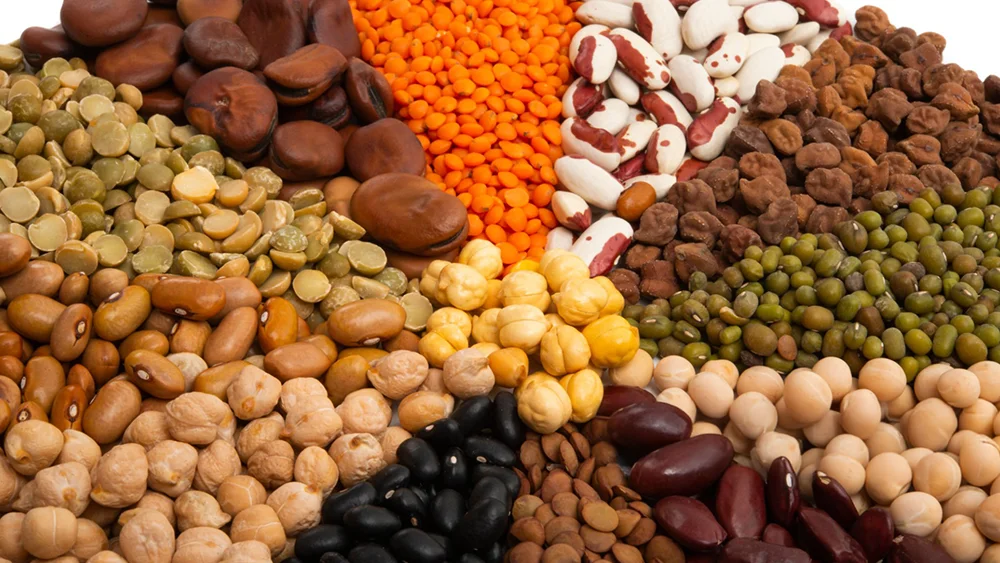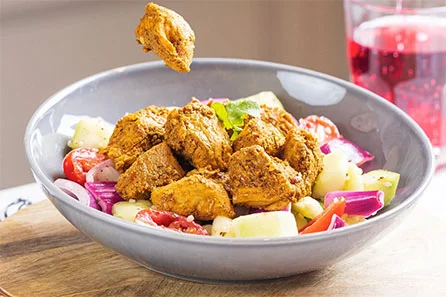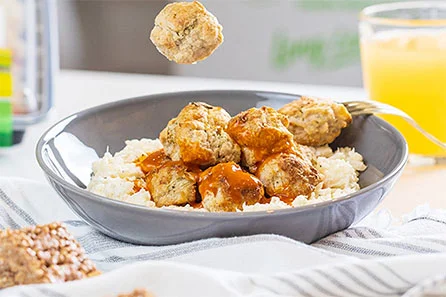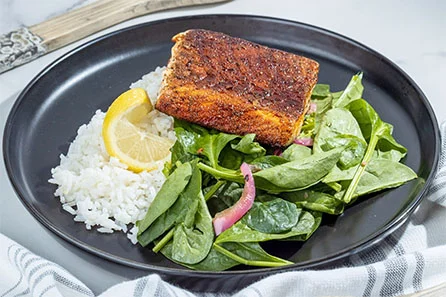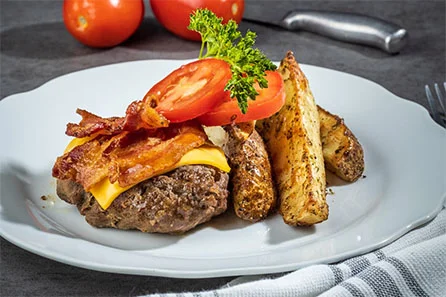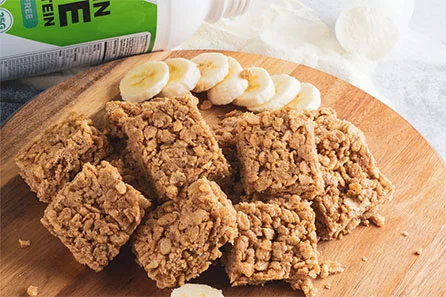Beans are often hailed as superfoods, offering numerous health benefits that can lower the risk of heart disease, diabetes, cancer, and obesity. Not only are they gluten-free, vegan, and vegetarian-friendly, but they are also budget-friendly. However, when it comes to the keto diet, are beans really the best choice?
Why Are Beans Not Keto-Friendly?
In the realm of the low-carb, high-fat ketogenic diet, most beans are considered high in carbs, making them less suitable for keto enthusiasts. A single serving of beans could easily consume a significant portion of your daily carb intake. Let's delve into the numbers for some popular beans:
Nutritional Information of Popular Beans (per half-cup serving)
Bean Type | Fiber (g) | Total Carbs (g) | Net Carbs (g) |
Mung Beans | 7.7 | 19.4 | 11.7 |
Fava Beans | 4.5 | 16.5 | 12.0 |
Black Beans | 9.0 | 19.4 | 11.7 |
Pinto Beans | 7.5 | 22.5 | 15.0 |
Lima Beans | 4.5 | 20.0 | 15.5 |
Garbanzo Beans | 6.3 | 22.5 | 16.2 |
Kidney Beans | 6.4 | 22.8 | 16.4 |
White Beans | 5.5 | 22.0 | 16.5 |
Net Carbs Comparison of Popular Beans
Graph showing net carbs content for each type of bean.
Most of the common beans are not ideal for the keto diet, as a half-cup serving can contain 11-16g of carbs, significantly impacting your daily carb allowance.
The Lowest-Carb Bean for Keto
Among the list provided, mung beans stand out as the most keto-friendly option. However, depending on the specific type of keto diet you follow, even they may not fit your nutritional goals. Remember, when it comes to beans and keto, it’s essential to strike a balance that aligns with your dietary preferences and health objectives.
Nutritional Information of Beans for Keto (per half-cup serving)
Bean Type | Net Carbs (g) | Protein (g) |
Mung Beans | 11.7 | 7.0 |
Green Beans | 3.0 | 2.0 |
Soybeans (Edamame) | 7.5 | 8.5 |
Garbanzo Beans | 16.2 | 7.3 |
Net Carbs Comparison of Beans
Graph showing net carbs content for each type of bean.
Different Types of Beans and Their Carb Content
When we think of beans, the usual suspects come to mind. However, there's a whole world of beans out there that may pique your interest, especially if you're following a keto diet.
Nutritional Information of Bean-Based Products
Product | Net Carbs (g) | Protein (g) |
Soy Milk (1 cup) | 13.5 | 7.0 |
Tofu (3.5oz/100g) | <2.0 | 8.0 |
Tempeh (3oz/85g) | 16.0 | 15.0 |
Ground Coffee Beans (1 cup) | 0.0 | 0.3 |
Dark Chocolate (1oz) | 15.0 | 2.0 |
Plain Cocoa Beans (1oz) | 9.0 | 2.0 |
Net Carbs Comparison of Bean-Based Products
Graph showing net carbs content for each product.
High-Protein, Low-Carb Keto Alternatives to Beans
If you're skipping beans but still want to amp up your protein intake, here's the scoop on some fantastic options that can keep you healthy and satisfied:
Nutritional Information of Keto-Friendly Alternatives
Alternative | Net Carbs (g) | Protein (g) |
Ground Turkey | 0.0 | 21.0 |
Flax Seeds (1 Tbsp) | 0.1 | 1.3 |
Cottage Cheese (1 cup) | 6.0 | 28.0 |
Nut Butter (2 Tbsp) | 4.1 | 8.0 |
Greek Yogurt (1 cup) | 6.0 | 10.0 |
Salmon (3oz) | 0.0 | 19.0 |
Eggs (1 large) | 0.4 | 6.0 |
Blackberries (1 cup) | 6.2 | 2.0 |
Coconut (1 cup) | 6.1 | 3.0 |
Cauliflower (1 cup) | 3.0 | 2.0 |
Red Cabbage (1 cup) | 2.5 | 1.0 |
Net Carbs and Protein Comparison of Keto Alternatives
Graph showing net carbs and protein content for each keto alternative.
Plant-Based Protein Alternatives Beyond Beans
Embracing a plant-based lifestyle doesn't necessarily mean going fully vegan or vegetarian. By incorporating a variety of delicious plant-based foods and whole fruits and vegetables into your daily meals, you can unlock numerous health benefits such as reduced blood pressure, healthier cholesterol levels, weight management, and a lower cancer risk.
Nutritional Information of Plant-Based Protein Sources
Plant-Based Source | Net Carbs (g) | Protein (g) |
Tofu (3oz) | 1.6 | 7.0 |
Avocado (100g) | 8.5 | 2.0 |
Beyond Meat (1 patty) | 5.0 | 20.0 |
Broccoli (1 cup) | 4.6 | 2.6 |
Peanut Butter (2 Tbsp) | 4.1 | 8.0 |
Hemp Hearts (3 Tbsp) | 1.0 | 10.0 |
Plant-Based Protein Powder (1 serving) | 2.0 | 30.0 |
Plant-Based Milk (1 cup) | 0.0 | 8.0 |
Net Carbs and Protein Comparison of Plant-Based Sources
Graph showing net carbs and protein content for each plant-based source.
Summary
Green beans, brewed ground coffee beans, and soybeans are relatively low-carb options, depending on how they are prepared. Be cautious with soy products like tempeh or soy milk, as well as chocolate-covered coffee beans, as they can significantly increase your carb intake if not consumed mindfully! Swap out beans with other protein and fiber-rich foods to enjoy the same nutritional benefits.
Enhancing your diet with plant-based foods like whole vegetables not only aids in cancer prevention and cardiovascular health but also presents keto-friendly, high-protein choices.

